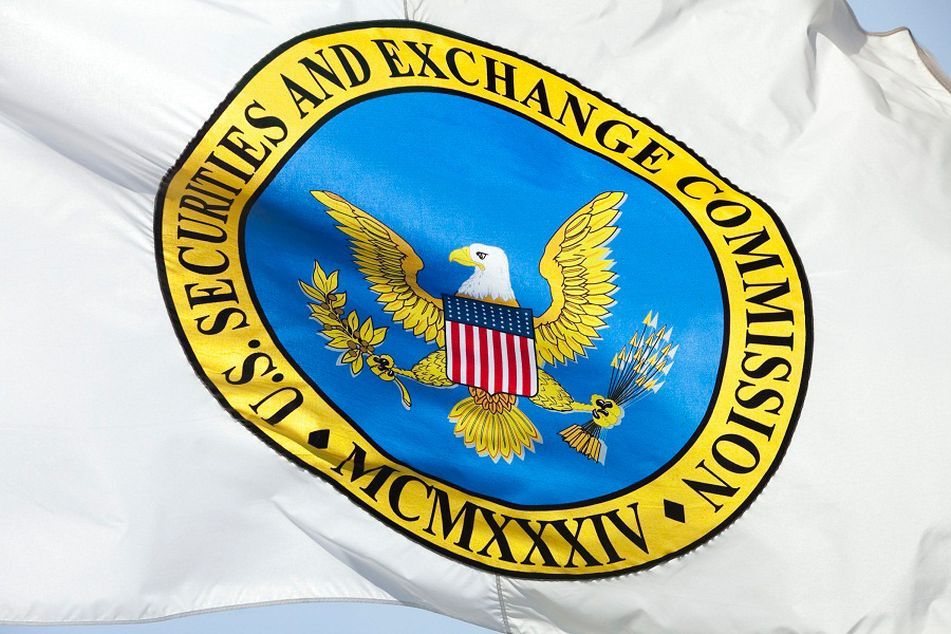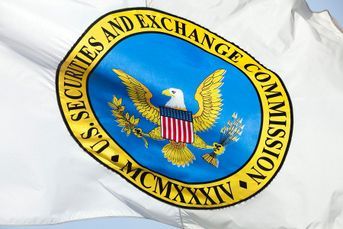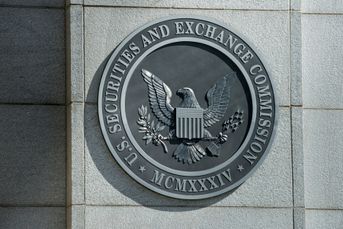Proposed SEC advice rule obscures distinctions between two business models

Brian Hamburger: The SEC is not proposing harmony; it's proposing equalization
These days, owners of RIA firms are asking me why they should be concerned about the Securities and Exchange Commission’s recent attempt to change the rules and standards for broker-dealers. While there are many ways the proposed Regulation Best Interest would affect independent registered investment advisers, most can basically be distilled down to the concept of “harmonization.”
When I think of harmonization, I can’t resist a Yogi Berra reference: “If you don’t know where you are going, you’ll end up someplace else.” The basic problem with the SEC’s approach to harmonization is that it presupposes that services provided by B-Ds and RIAs are virtually identical.
The reality, of course, is that while B-Ds and RIAs both provide valuable services to investors, those services are very different — and require very different regulation and oversight.
In short, brokers are agents for their firms, the B-Ds, and simultaneously represent the products they sell in the same way a car salesman acts as agent for their dealership while representing the automobile manufacturers authorized by that dealership. RIAs, on the other hand, represent their clients, the investors themselves, to buy, hold and sell those investment products that will best enable them to reach their financial goals. Using an RIA is akin to bringing your really smart uncle to the dealership with you to ensure that you’re getting what’s best for you — the best car at the best overall deal.
That’s why the Investment Advisers Act came to be in 1940 and why it has been the gold standard in securities industry regulation for almost eight decades.
I suppose it’s understandable that in its attempt to stem the tide of B-Ds losing investor market share to RIAs, which I discussed in my prior column, the SEC is attempting to obscure the distinction between the two business models.
However, it’s hard for me to see how this regulatory obfuscation is in any way in the best interest of investors. The term “harmonization” itself is likely at the root of the confusion. If harmonization was instead referred to as an equalization among unequal services, it’s hard to imagine that it would it garner nearly as much support.
My prior column noted that with its Regulation BI initiative, the SEC has an opportunity to raise standards for brokers who provide retail advice and clarify the distinctions between B-Ds and RIAs.
But that opportunity is in jeopardy because of unclear language within the SEC’s smoke-and-mirrors attempt at “equalization.” This is most notable in the SEC’s taking the words “best interest” from investment advisers’ fiduciary standard and cramming them into broker-dealers’ transactional standard.
The proposal for Regulation BI is only 1½ pages long, but its supporting documentation runs over 400 pages. In those documents, Regulation BI uses virtually the same language as FINRA’s current “suitability rule” for brokers (Finra Rule 2111) and simply substitutes “is suitable” (which has been clearly defined over the years, and which among other things, allows brokers to ignore the relative costs of investments when making their recommendations) with “in the best interest of.”
Yet when you read the fine print, this “best interest” standard falls short of the standard for RIAs. One can only conclude that use of the term “best interest” is nothing more than an attempt to mislead investors into thinking it is a “fiduciary standard” equivalent to the one that governs RIAs. Get that, the SEC engaging in the very behavior that it seeks to prevent — misleading investors.
On the other hand, RIAs have a real fiduciary standard. And while the SEC is dressing B-Ds in sheep’s clothing, they are seeking to codify the RIA’s fiduciary standard in the proposed “Standards of Conduct for Investment Advisers.”
The RIA’s fiduciary duty has two parts: a duty of care and a duty of loyalty. The duty of care has three components:
1) Acting in the clients’ best interest when giving advice;
2) Getting best execution on trades; and
3) Ongoing monitoring of investment portfolios.
The RIA’s duty of loyalty means advisers must not favor their own interests over those of a client or unfairly favor one client over another.
In contrast to the RIA standards, the proposed “best interest” standard for B-Ds only takes the first component of the duty of care to make recommendations in the customer’s best interest. There is no duty for best execution or ongoing monitoring — and no mention of a duty of loyalty at all.
Even the most generous estimates would conclude that the B-D’s best-interest standard is nothing more than a hollow shell of the RIA’s fiduciary duty. But anything less than the full duties, while calling it the same, is completely ineffective and does more harm than good.
Finally, the notion of “harmonization” has once again opened the door for Finra to assume regulation of investment advisers, as it has attempted to do in the past. Within the related proposed regulations are a net capital requirement, continuing education initiative and a perceived similarity in standards of care that would allow Finra to argue that it is best positioned to take on oversight of RIAs.
Finra oversight would be far more costly for RIAs. Prior projections showed that member fees for advisers would skyrocket if Finra took on their oversight or established a separate SRO.
Regulation BI is not harmony. When vocalists sing in harmony, they do not sing the same exact note. They sing notes that relate to one another, in other words, notes that agree. If two models work in harmony, they work together.
The SEC is not proposing harmony; it is proposing equalization: an equalization of unequals that misleads investors because of the very real and important distinctions between B-Ds and RIAs. An equalization that chooses not to recognize the value of RIAs, bound by their fiduciary duties of care and loyalty, is an equalization that is actually a detriment to the industry and investors. It sounds horrible.
Learn more about reprints and licensing for this article.







